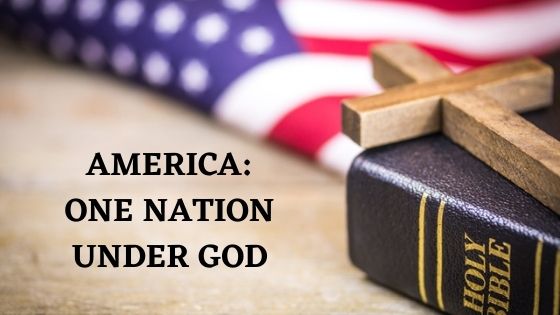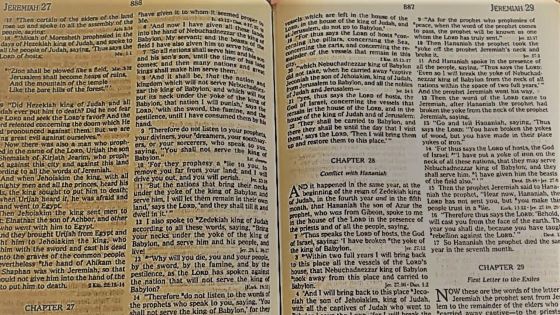America Needs God Right Now
In just a couple of days, the United States of America will decide whether Donald Trump remains in the White House for another four years. Has Trump done enough during his first term to convince Americans that he’s the right guy to put the country back on track? Trump’s challenger, former vice president Joe Biden, … Read more










